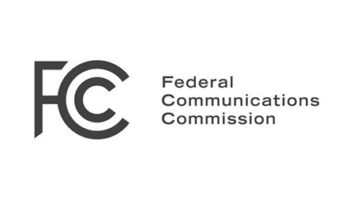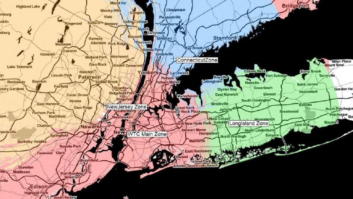The Consumer Electronics Association called for additional unlicensed spectrum and the rejection of mandated receiver standards, in comments filed in response to the FCC Spectrum Policy Task Force report. Agreeing with the FCC in its filing that additional bands of spectrum should be identified and allocated for use by unlicensed devices and networks, CEA noted that “making additional appropriate spectrum available would accelerate the deployment of unlicensed devices, including those needed to increase the deployment of broadband access.”
CEA disagreed with the FCC Spectrum Policy Task Force on its proposals for receiver standards, arguing compulsory receiver standards would slow innovation and unnecessarily replace marketplace forces with government regulation. CEA pointed to the marketplace and voluntary standards as preferable and successful tools already in practice today.
“Mandating standards for broadcast receivers is inconsistent with the task force’s concentration on more flexible policies and marketplace-driven requirements, and 80 years of successful operation in the marketplace without restrictive performance mandates, CEA wrote.
The agency lacks authority in mandating receiver standards and “from the marketplace perspective, mandated receiver standards, at least in the radio and television broadcast context, is a solution looking for a problem,” stated CEA.
Additionally, CEA urged the Task Force to address bands of spectrum beyond the scope of the report, including more of the 5 GHz band for wireless local area network devices, which are being used to provide a broadband link over the “last mile” to homes over substantially longer paths in rural areas where broadband access otherwise would be more costly and difficult.
NAB, filing separately on the same issue, stated the FCC should wait until TV and radio get through their respective digital transitions before considering spectrum policy changes affecting broadcasters and tackle unresolved interference issues that could result from the spectrum-sharing proposals put forth by the task force.
CEA Rejects Proposed Receiver Mandates
CEA Rejects Proposed Receiver Mandates












